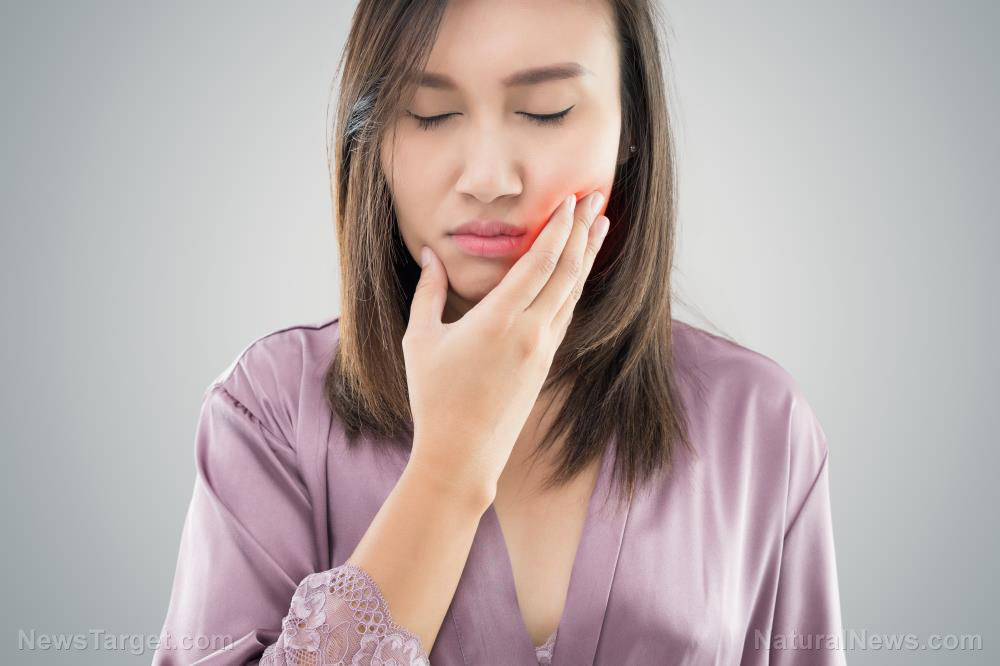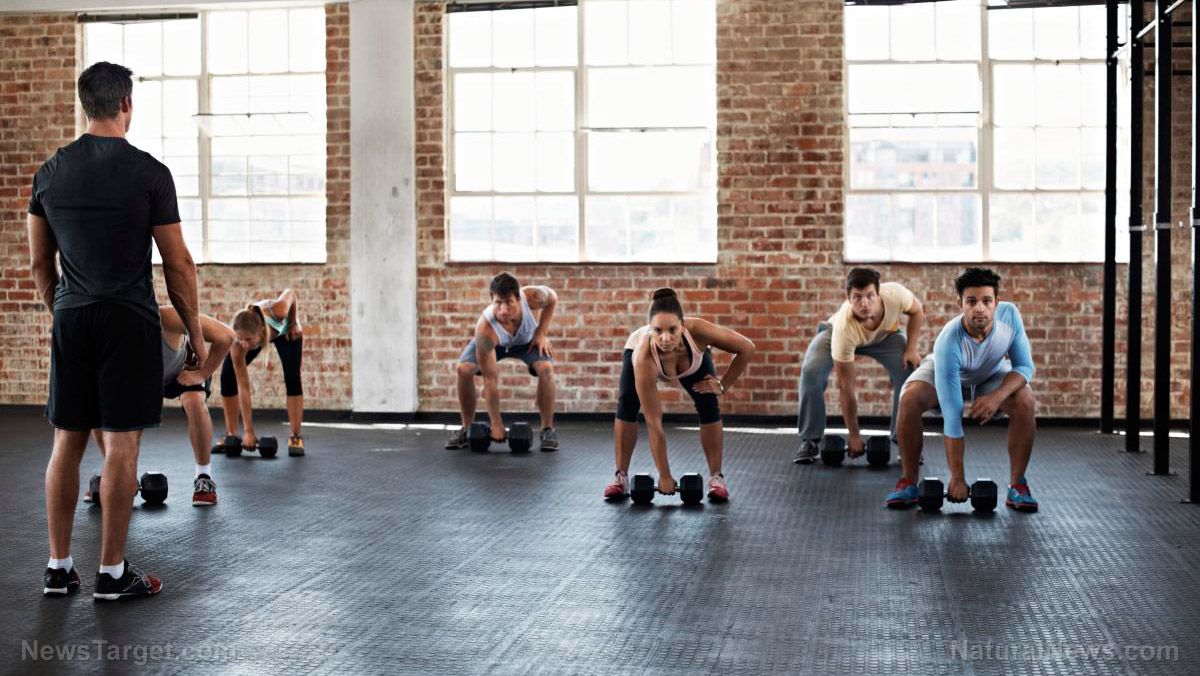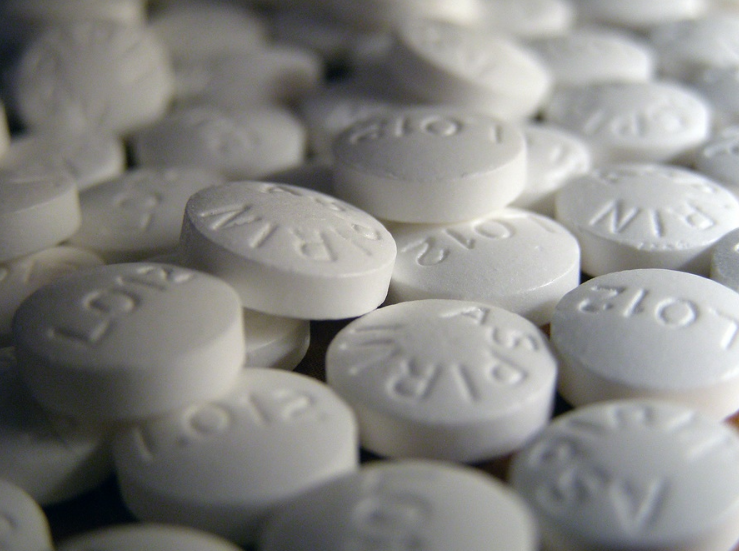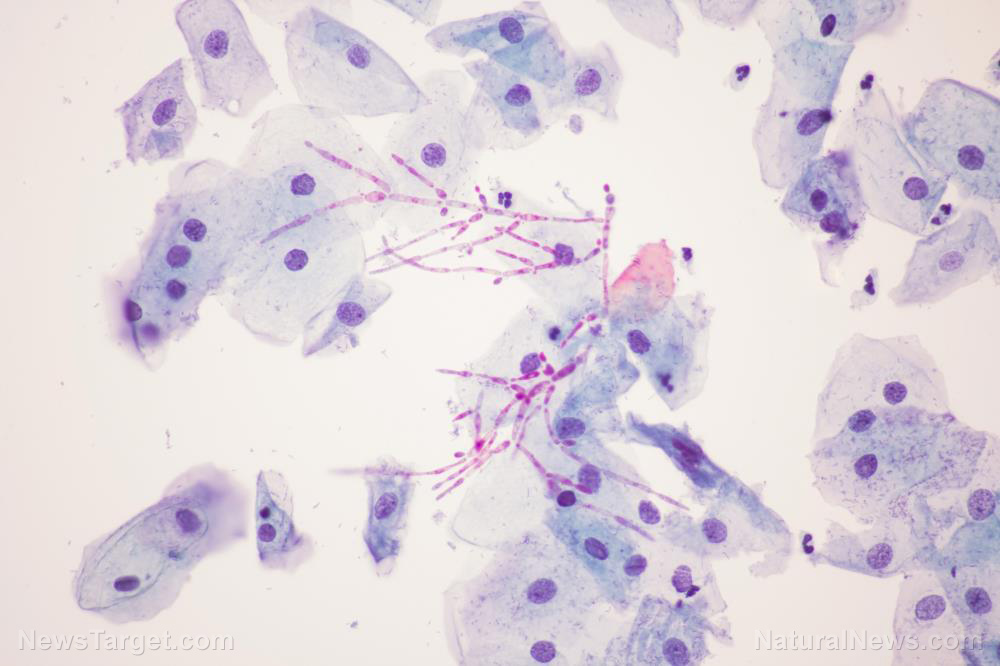How to avoid catching the bug your co-worker had: Tips for avoiding sick days
01/12/2018 / By Jhoanna Robinson
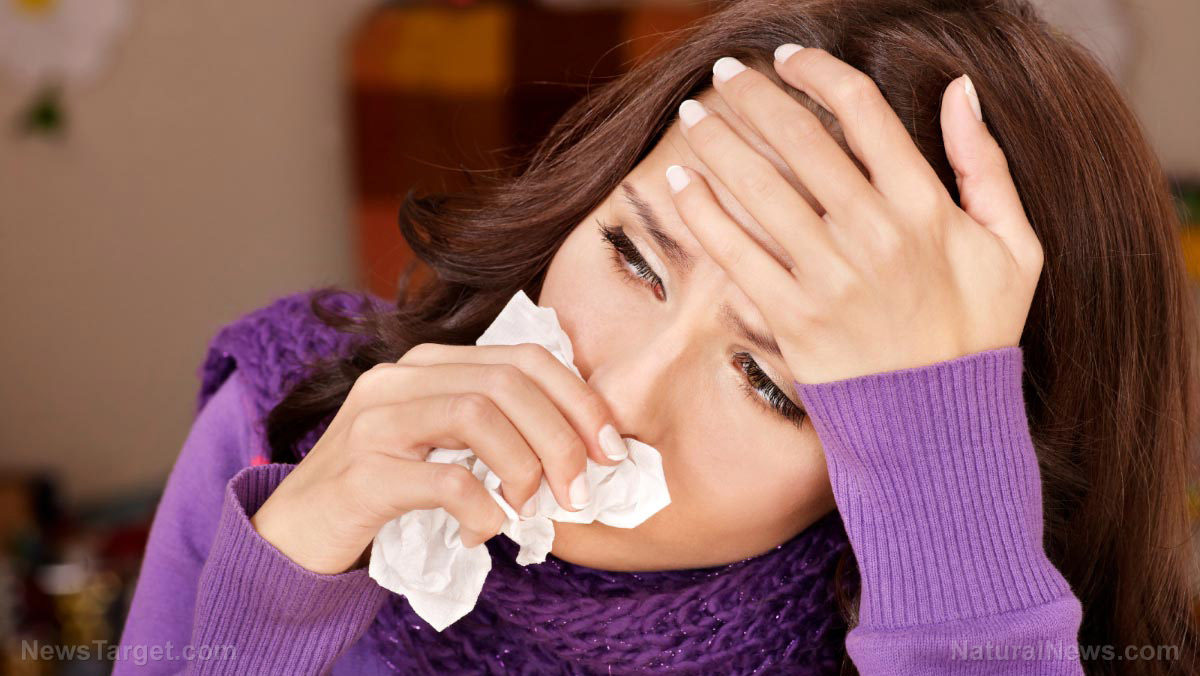
So you’re working at your desk, out in the field, or in the assembly line – wherever – when you notice that the girl beside you starts to sneeze loudly and cough badly. She looks distressed, and you realize that she is definitely down with something.
Here are some tips so that you won’t have to file for a sick day at the office, up your productivity level, and possibly have that raise by the end of the year.
- Avoid co-workers who are sick like the plague. You don’t mean to offend, you’re just looking out for your best interests. And not getting sick is one of them. Keep your distance away from co-workers who are sick; rejoin them after they get well. However, if you have to be inside an enclosed space with them, say, a meeting room with the rest of your team, make sure you choose a chair that would be significantly far away from where they would be sitting.
- Don’t touch objects or surfaces that a sick person might have touched. To avoid getting someone else’s “sick germs”, avoid touching the objects or surfaces within the area that or she had frequented. These include door handles and computer mice.
- Keep your hands away from your face. Pathogens that you can get from touching contaminated surfaces or from being sneezed on by contaminated people can enter your body via orifices, so if you keep on touching your eyes, nose, or mouth as you go along your workday, you may be headed for trouble.
- Hold your breath for short periods whenever a sick person passes by. If there’s no chance that you can walk away from someone who has a cold before he or she sneezes, just stay where you are and hold your breath. This can guard against bacteria or viruses that otherwise might have entered your body.
- Regularly wash your hands. Make sure that you wash your hands every once in a while during the day. This is so that if ever you had touched a contaminated surface, the chance that the pathogens will enter your body will be less, because you already washed them out, even before they were successful in making you sick.
GLYPHOSATE testing is now being applied to all Health Ranger Store branded products. Our in-house lab uses LC-MS-MS (triple quad mass spec). See the full lab science tour video and announcement here. Shop for ultra-clean, lab-tested superfoods, personal care products and more at the Health Ranger Store, the world's most trusted source for clean foods and lab-verified nutritional solutions.
There are also some things that management can do in order to contribute to lessening employee sick days. An employer might think that a policy of encouraging sick people to stay home and not report to work will result in more employees playing truant, but this actually contributes to providing a healthier working environment for employees. Sick workers will be allotted time to recuperate. At the same time, incidents when a healthy employee was contaminated by a sick one will be prevented.
As a matter of fact, a study that was published in the Journal of Occupational and Environmental Medicine in 2010 showed that “presenteeism” (sick employees coming to work) cost employers as much as three times as absenteeism in terms of lost productivity.
Employers are advised to make “work-from-home” an option to employees who are feeling under the weather. They should make it easy for employees to access email and office servers in times of emergency.
It should also be company policy to allot time within the work day perform small exercises and activities that call for body movement, such as walking outside the office. According to studies, being cooped up indoors for a prolonged period of time, being sedentary, and being stressed are factors for incurring illness. (Related: ‘Sick building syndrome’ causing workers to suffer from headaches, sore throats and troubled breathing.)
For general health and wellness topics, visit Health.news.
Sources include:
Tagged Under: contaminated surface, healthier working environment, infectious disease, influenza, pathogens, sick days, wash hands



